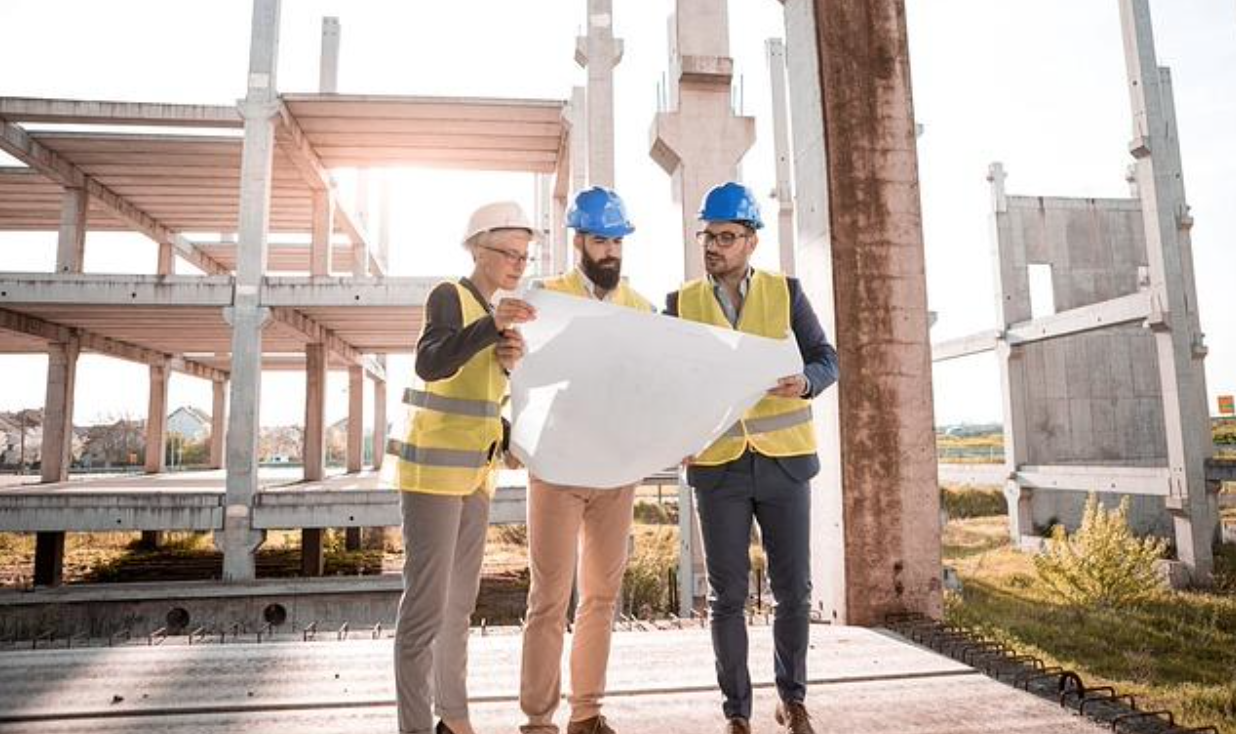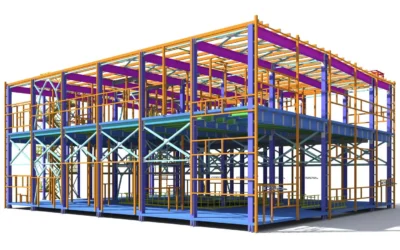How Strategic Partnerships in the Construction Industry are Changing the Landscape

Mutual collaborations are a great way to innovate and remain competitive, especially in the construction industry. With digitalization and IoT becoming buzzwords in the realm of construction, IoT has helped transform the industry by creating efficiencies, improving operational efficiency and reducing costs, and providing opportunities for more efficient collaboration.
In order to remain competitive and solve construction challenges, in particular, the industry needs to partner with organizations that have advanced technical expertise as well as an understanding of the construction industry and its challenges. What kind of partnerships are great for the construction industry,
Partnership agreements
Partnership agreements are contracts between two or more individuals or organizations that agree to work together on a specific project or venture. These agreements are typically used in the construction industry to outline the roles and responsibilities of each party, as well as the terms and conditions of the partnership. Partnership agreements can be very helpful in ensuring that all parties are on the same page and that the project runs smoothly.
Joint ventures
A joint venture is a business arrangement in which two or more parties agree to pool their resources in order to achieve a common goal. In the construction industry, joint ventures are often used to bid on large projects that would be too costly for a single company to undertake on its own. By working together, the partners in a joint venture can pool their financial, technical, and human resources to bid on and complete projects that they could not otherwise handle.
Joint ventures can be an effective way for construction companies to expand their businesses and enter new markets. By teaming up with other companies, they can share their upsides and downsides all together, which can help them improve the quality of their work and better compete in the marketplace.
There are a few things to keep in mind when considering a joint venture. First, it is important to choose a partner that you can trust and that has complementary skills and resources. Second, you will need to clearly define the goals of the venture and the roles that each partner will play. Finally, it is important to have a clear exit strategy in place in case the venture is not successful.
Why go for a strategic partnership in the construction industry?
A strategic partnership can be a great way for construction companies to grow their businesses. There are many reasons why a strategic partnership in the construction industry can be beneficial. For one, it can help to ensure that both partners are working towards the same goal and that they are able to complement each other’s strengths.
By teaming up with other companies, one can share the risks and costs associated with pursuing new opportunities. They can also give construction companies access to new technology and expertise, which can help them improve the quality of their work and better compete in the marketplace. Additionally, a strategic partnership can help reduce costs and improve efficiencies. Finally, a strategic partnership can also help to build a stronger relationship between the two partners, which can lead to even more benefits down the road.
Strategic partnerships are often regarded as the most effective way of bringing about sustainable growth, whether in construction or any other industry. In the construction industry, Curtis Partition has proven to be instrumental in enabling the project to reach its goals efficiently.
Related Articles
Sound Matters: How Acoustical Plaster Elevates Office Build-Outs
In commercial interiors, there’s often a gap between what a space looks like and how it feels to actually work in. A modern office may check every box on aesthetics—glass walls, high ceilings, clean finishes—but still leave something off: the acoustics. If your...
No More Waiting Games: Why Supply Chain Control is Your Secret Weapon in Construction
When the world zigzags, the smartest builders don’t flinch—they forecast. You ever get that stomach-drop feeling when a project delay hits and there’s nothing you can do about it? That’s the thing about supply chains: when you don’t control them, they control you. At...
Building Smarter: How BIM Enhances Drywall and Metal Framing
Gone are the days of guesswork, costly errors, and last-minute design changes. At Curtis Partition, we leverage BIM to deliver flawless installations, reduce material waste, and streamline workflows, ensuring every project is on time, on budget, and built to the...



